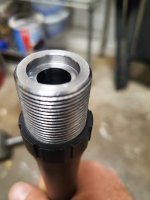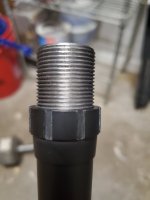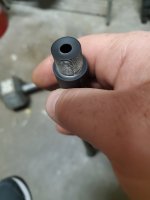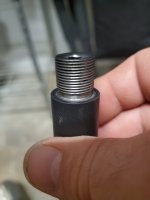I was not claiming that prices paid by the end user would necessarily go down. As you point out, input costs can increase. There are some caveats regarding purchasing volume and supplier relationships.
What new tech (in any industry) often enables is new entrants competing at lower start up costs than incumbents. For example, with regard to barrel manufacturing, this would make it easier for smaller firearm OEMs to manufacture their own barrels in house. As that occurs, the industry will see excess capacity in barrel blank production (unless demand outpaces supply).
If a new tech with a lower cost of entry also enjoys lower operating costs, some incumbents typically find themselves in a tough spot. The economic and production assumptions that incumbents’ business models relied upon will have been undermined, yet they are burdened by assets that will eventually not make sense to maintain. A great example is the advent of steel mini mills & the demise of the integrated mill.
To be clear, I’m not claiming this will be a fast process, it’s usually slow & starts with niche use cases. Also, ECM tech won’t be advanced by barrel manufacturers - they’re downstream of companies with R&D budgets that are individually orders of magnitude greater than the combined R&D budgets of the entire barrel making industry (e.g. aerospace companies).






